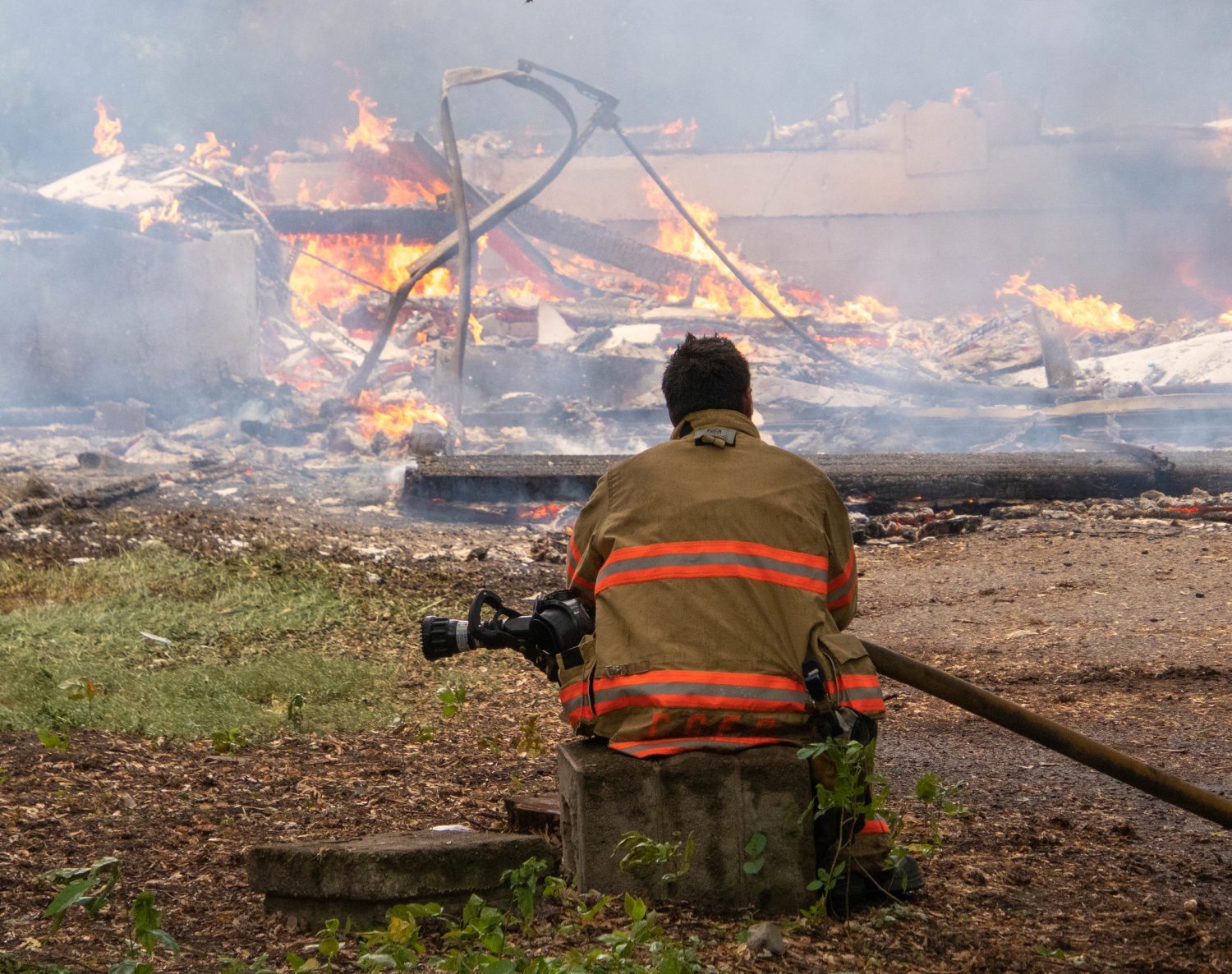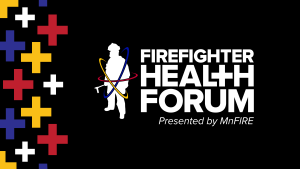Firefighters experience loss more frequently than most. And with loss comes grief, survivor’s guilt and other feelings that can be difficult to manage and hard to carry. Whether that loss is related to a lethal fire, responding to a difficult 911 call, or a fellow firefighter dying in the line of duty, loved ones and fellow crew members can provide meaningful support to first responders coping with grief.
When someone you care about suffers a significant loss, it can be difficult to know how to help them, especially because moment to moment, day to day, they may not know what they need and what they need may change. Not only that, firefighters often deal with ongoing traumatic stress as their demanding work continues on after a loss.
The best way to help a grieving person often depends on how well the person was prepared for the loss, the person’s perception of death, and the person’s personality and coping style. Your relationship with the person also matters and plays a role in how they may accept your support.
In general, if someone you know is grieving:
- Encourage the person to grieve at their own pace. The grieving process does not happen in a step-by-step or orderly fashion. There will be good days and bad days. There will be better moments and harder moments. Do not try to “fix” the person’s grief. Provide support and be willing to listen.
- Be sensitive to the effect of your words. But don’t ignore the person who is grieving just because you aren’t sure what to say. Check in regularly during the first year and beyond, especially on important days, including the anniversary of the death, holidays and birthdays.
- Recognize that this person’s life has changed forever. Encourage the person to participate in activities that involve and build their support network. Help them experience moments where they are reminded of their value and purpose in life.
- Respect the person’s personal beliefs. Listen to their feelings without making judgments. Do not try to change the person’s beliefs or feelings.
Remember that actions speak louder than words, and sometimes an action is all that is needed. Offer to help with practical tasks that can make their day easier, such as laundry, meal preparation, cleaning and other chores that need to be taken care of. Be present with them in ways that work best for them.
Listening is another simple yet highly impactful way to help someone coping with loss. Be there to listen if they need to talk through a decision, want to share stories, or begin to reminisce. Listen often and encourage them to talk as much as they need or want to. Let them know you care about what they have to say and will listen without judgment.
You and your family have confidential support. For any emotion. For any concern.
Confidential help is available over the phone or online, anytime for any firefighter and/or their family through the MnFIRE Assistance Program (MAP). No call or inquiry is too small. If something major happened on the job or in your life, or if you’re just feeling stressed, we’re here to help. Peer supporters who have experienced similar loss are also available to listen and provide confidential support.
For more details or for help, call 888-784-6634 or visit mnfireinitiative.com/hhap/.
Repurposed from MnFIRE Assistance Program partner, Optum








